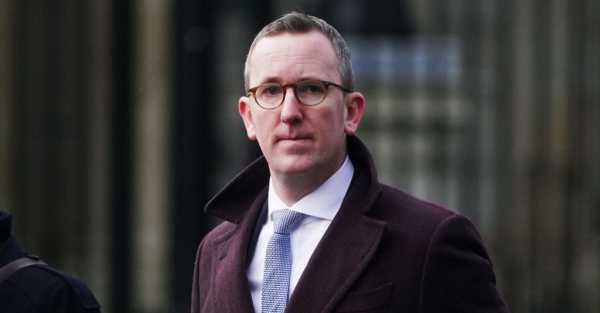
The Football Association of Ireland (FAI) has said it is “appalled” that a number of women involved in Irish football “experienced serious historical abuse and manipulative behaviour”.
The organisation held a media briefing on Monday morning in response to allegations from a number of footballers about alleged unwanted or inappropriate sexual advances from FAI coaches in the 1990s.
The FAI apologised to a number of former female football players and trainees who took part in Ireland’s first State-funded all-women soccer course.
FAI interim chief executive David Courell apologised on behalf of the organisation. “To the women affected by this – we hear you. We are sorry for what you have had to endure,” he said.
Meanwhile, the FAI said it had already taken several actions, including providing support to the women affected, reporting to statutory bodies, and putting in place precautionary measures to protect current players.
The FAI’s people and culture director, Aoife Rafferty, said any woman who has experienced similar will now be able to raise it appropriately.
“We have set up a support framework that is available to [women] right now,” she said.
“We understood at that time that actually there could be others who would require that support. Hence, we set up the independent ‘raise a concern’ helpline to ensure that if anyone has witnessed or experienced anything similar, that they have the opportunity to raise it appropriately.”
Gardaí have launched an investigation into one senior ex-coach related to the accusations. A separate complaint has also been made about a second senior coach. Both have denied any wrongdoing.
Sourse: breakingnews.ie